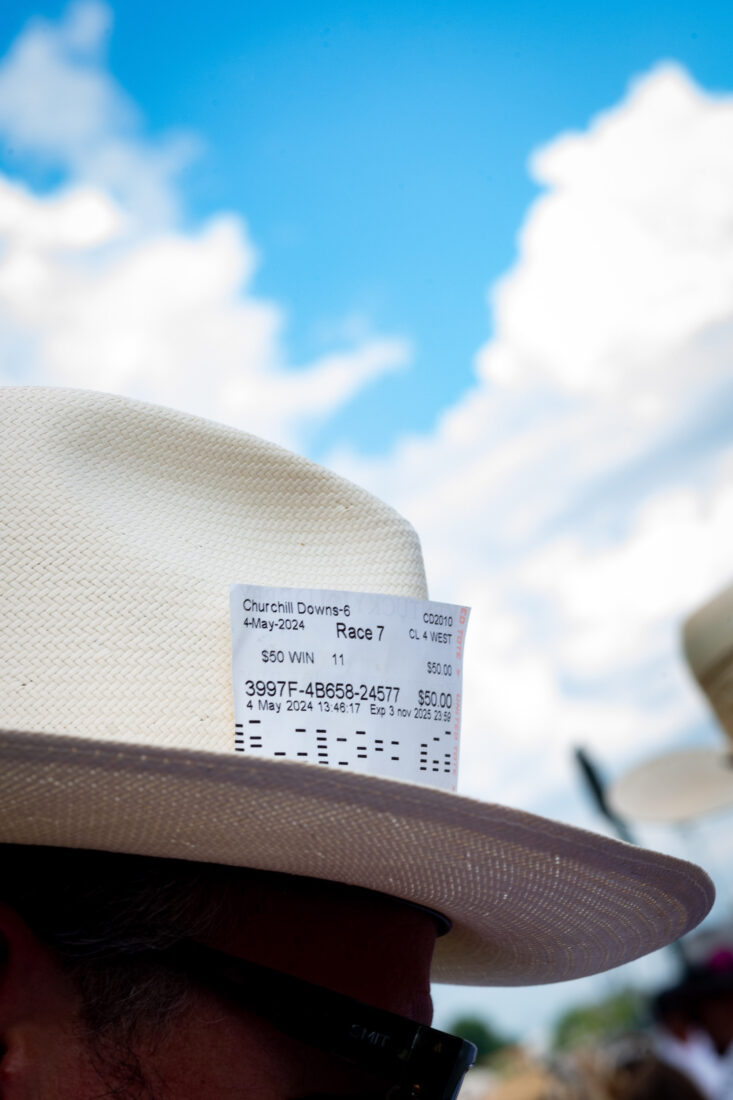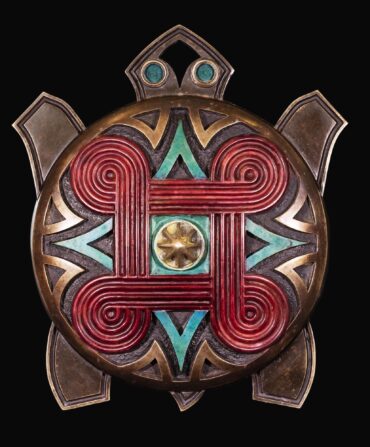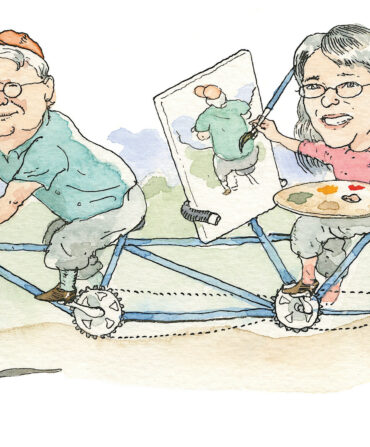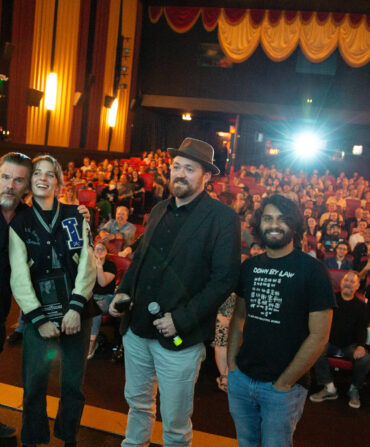If you were smart enough, or just plain lucky enough, to bet on long-odds Mystik Dan in Saturday’s thrilling Kentucky Derby, the Kentucky Horse Racing Commission gives you plenty of chances to collect on your by-a-nostril victory.

First off, modern wagering, like much of everything else in life now, can be conducted via smartphone, which automatically awards any winnings. If you placed a bet at a self-serve machine or a good, old-fashioned betting window at Churchill Downs (or Kentucky Downs, Keeneland, or other state race tracks), you’re issued a physical ticket that is taken to a window to be cashed. Fail to do so right away and you can return to a track—or mail in your winning ticket—even months later. And yet, after every race, stacks go uncashed.
How does this happen? According to Jim Goodman, director of simulcasting operations at Keeneland, it’s not often that people mistakenly rip up a winning ticket. (Even that mishap can be remedied.) A more common reason is that someone places a bet on the final race, then leaves the track before that race is run. Or perhaps, just perhaps, attendees indulging in a bit too much revelry simply fail to check their tickets, or forget what horses they bet on. Uncashed tickets also can result from a horse not running at all. “If a horse is scratched at the last minute, that bet will be refunded,” Goodman explains, “but sometimes people at the track don’t even realize their horse was scratched.”
The betting system’s computers, however, do an excellent job of recording all bets, known as “the handle.” When uncashed tickets are “purged” at the end of the fiscal year in June, those unclaimed monies go directly to the Kentucky Racing Health & Welfare Fund, which benefits in-need workers in the state’s large Thoroughbred racing industry—people who hold titles such as groom, exercise rider, hot walker, and assistant trainer. Programs include medical, dental, vision, and chiropractic care, plus contributions to a retirement plan.
How much money comes from this unlikely pipeline? The fund has collected more than $50 million since it began in 1978. Last year alone, uncashed tickets generated $1.4 million. To put that in perspective, at Mystik Dan’s 18–1 Derby odds, you would’ve needed a $78,000 bet to win the same amount.








